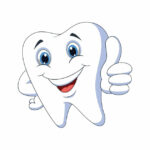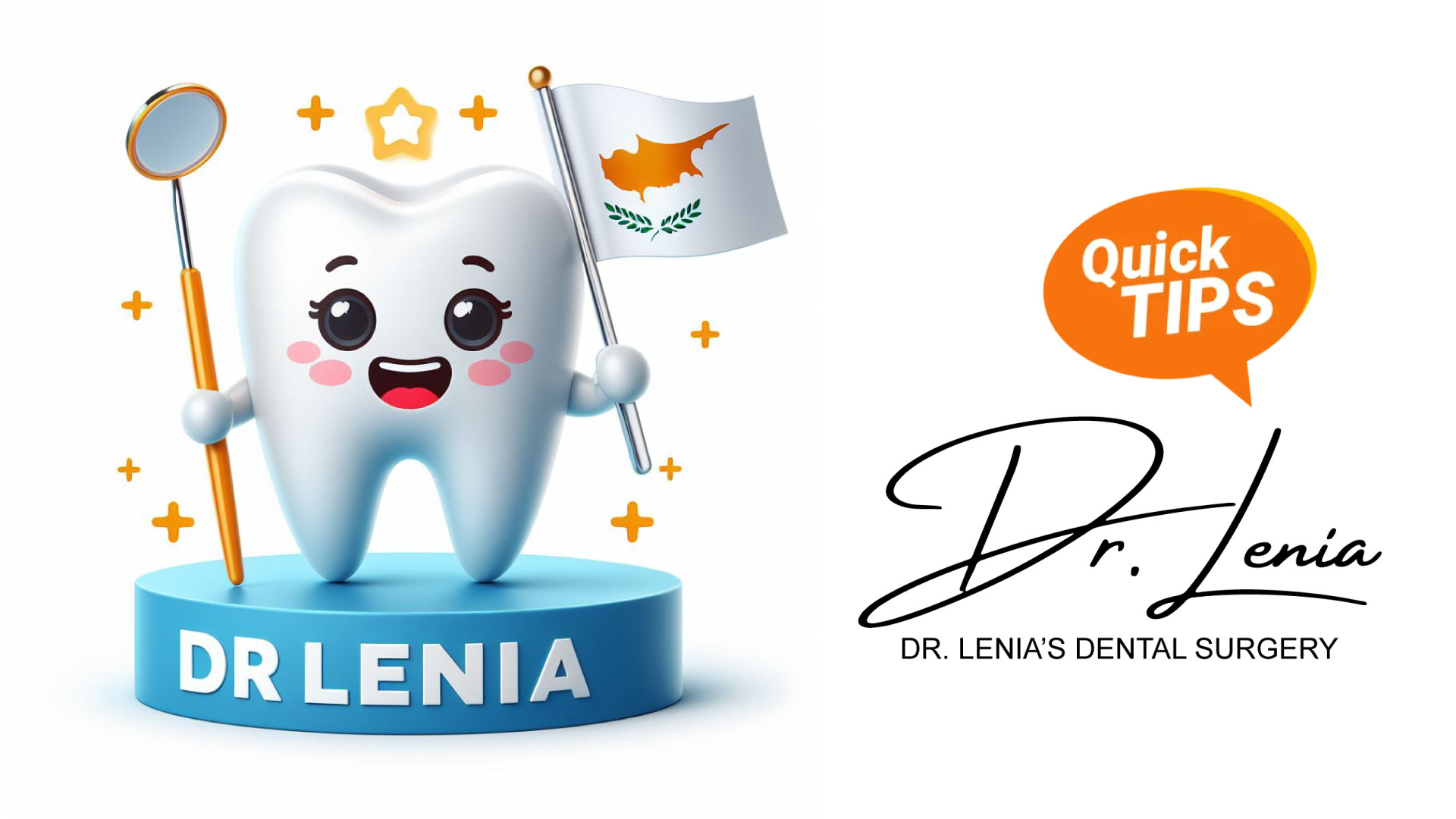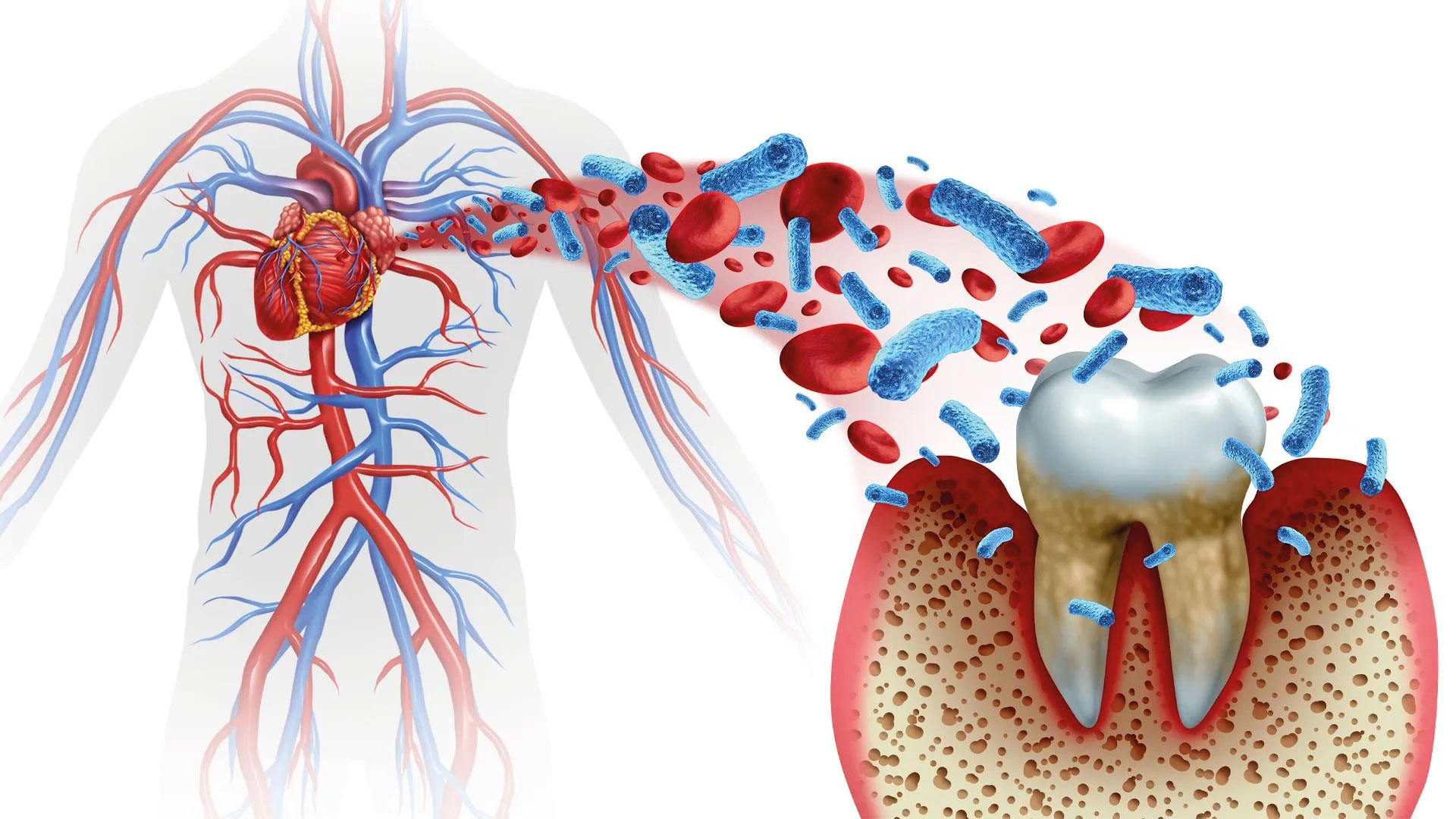Introduction: Nutrition And Oral Health
Welcome to our blog, “Dr. Lenia’s Diary”. Today, we would like to talk about a topic that is particularly close to our hearts: nutrition and oral health.
We all know that a balanced diet is fundamental for our overall well-being. But have you ever thought about how nutrition affects the health of your mouth?
In this article, we will explore the importance of proper nutrition in maintaining good oral health. We will show you how some foods can help prevent dental problems and contribute to a healthier, brighter smile.
Stay with us as we guide you through this journey of discovering how your diet can affect your oral health. We are sure you will find this information useful and enlightening.
Happy reading!
The Connection Between Diet And Oral Health
Oral health is closely linked to nutrition, and an unbalanced diet can lead to cavities, gingivitis, and other oral diseases.
Now that we have introduced the topic, let’s explore in more depth the importance of nutrition for oral health.
It’s surprising how much nutrition can affect our oral health. It’s not just about avoiding sugars and foods that can cause cavities. Our diet can have a significant impact on all aspects of oral health, from the strength of our teeth to the health of our gums.
For example, a lack of calcium in the diet can lead to dental problems, as calcium is essential for the formation of strong teeth. Similarly, a diet low in vitamin C can increase the risk of gum diseases.
But it’s not all negative. Some foods can actually contribute to improving our oral health. In the next paragraph, we will explore some of these foods and how they can help maintain your best smile.
Foods That Promote A Healthy Smile
Let’s now talk about those foods that promote a healthy smile. As we mentioned earlier, diet can have a significant impact on oral health, and fortunately, there are many foods that can help keep your teeth strong and your gums healthy.
For example, dairy products like milk, cheese, and yogurt are rich in calcium, which is essential for tooth health. Also, fish like salmon and sardines are a good source of vitamin D, which helps the body absorb calcium.
Crunchy fruits and vegetables, like apples and carrots, can help clean teeth while you eat, thus reducing plaque. Also, they are rich in vitamins and minerals that contribute to the overall health of the mouth.
Finally, drinking plenty of water not only keeps the body hydrated, but also helps clean the mouth and prevent dryness, which can lead to oral health problems.
Remember, a balanced and varied diet not only benefits your overall health, but can also contribute to a healthier, brighter smile.
The Importance Of A Balanced Diet
Having discussed specific foods that can promote a healthy smile, it’s important to underline the importance of a balanced diet for oral health.
It’s not just about including specific foods in our diet, but ensuring that our nutrition is varied and balanced. A balanced diet provides our body with all the nutrients it needs, including those necessary to keep our teeth and gums healthy.
Remember, there is no single “superfood” that can guarantee good oral health. It’s the variety and balance in our diet that make the difference. Including a variety of fruits and vegetables, whole grains, lean proteins, and dairy can help ensure that we’re getting all the nutrients we need.
In conclusion, good nutrition is one of the keys to maintaining a healthy smile. But remember, diet is only part of the picture. It’s equally important to maintain good oral hygiene and have regular check-ups with the dentist.
A Week Of Healthy Eating: Guide For A Bright Smile And Optimal Oral Health
Before we present you with an example of a week of balanced diet, we would like to emphasize that this is just a general example of how the intake of various types of foods could be balanced.
Every individual has unique nutritional needs based on their lifestyle, health status, age, and other factors.
If you are interested in developing a personalized nutritional plan, we strongly recommend consulting a nutritionist or a professional dietitian.
They can provide detailed and personalized advice to help you achieve your oral and overall health goals through nutrition.
Now, let’s move on to the example of a week of balanced diet that can promote oral health:
Monday
- Breakfast: Natural yogurt with muesli and fresh fruit.
- Lunch: Grilled chicken salad with mixed vegetables.
- Dinner: Baked salmon with quinoa and broccoli.
Tuesday
- Breakfast: Fruit smoothie with almond milk.
- Lunch: Lentil soup with whole grain bread.
- Dinner: Grilled chicken breast with sweet potatoes and spinach.
Wednesday
- Breakfast: Oats with honey and nuts.
- Lunch: Tuna salad with tomatoes and cucumbers.
- Dinner: Whole grain spaghetti with tomato sauce and basil.
Thursday
- Breakfast: Toasted whole grain bread with avocado and scrambled eggs.
- Lunch: Quinoa salad with mixed vegetables.
- Dinner: Baked fish with brown rice and asparagus.
Friday
- Breakfast: Oat pancakes with fresh fruit.
- Lunch: Chicken sandwich with whole grain bread and salad.
- Dinner: Lean beef steak with baked potatoes and carrots.
Saturday
- Breakfast: Protein smoothie with fresh fruit.
- Lunch: Salmon salad with mixed vegetables.
- Dinner: Chicken curry with basmati rice.
Sunday
- Breakfast: Scrambled eggs with toasted whole grain bread.
- Lunch: Vegetable soup with whole grain bread.
- Dinner: Vegetable lasagna with mixed salad.
Conclusion
We have explored together the importance of nutrition for oral health, the foods that promote a healthy smile, and the importance of a balanced diet. We hope that this information will help you make more conscious food choices for the benefit of your oral health.
Remember, good nutrition is only part of the picture. It is equally important to maintain good oral hygiene and have regular check-ups with the dentist.
If you have questions or would like further information, do not hesitate to contact us at “Dr. Lenia’s Dental Surgery” at +357 26 946863. We will be happy to help you understand how your diet can affect your oral health and give advice on how you can optimize your diet for a healthier smile.
Thank you for reading our article. Continue to follow us for more tips and information on oral health.
See you next time!
Quick Tips
Start Your Day With Dairy
Dairy products like milk, cheese, and yogurt are high in calcium and other minerals that help protect tooth enamel. Consider having a glass of milk or a bowl of yogurt for breakfast.
Snack On Crunchy Fruits And Vegetables
Crunchy fruits and vegetables like apples, carrots, and celery can help clean your teeth and freshen your breath. They make great snacks between meals.
Include More Lean Proteins
Foods like poultry, fish, and tofu are excellent sources of protein and are rich in phosphorus, an important mineral for oral health. Try to include these in your lunch or dinner.
Stay Hydrated
Drinking plenty of water throughout the day can help wash away food particles and keep your mouth moist. This is especially important if you have dry mouth issues.
Limit Sugary Foods and Drinks
Sugar is a major contributor to tooth decay. Try to limit your intake of sugary snacks and beverages, and opt for sugar-free alternatives when possible.
Don't Forget About Whole Grains
Whole grains provide B vitamins and iron, which help keep your gums healthy. They also contain magnesium, an important ingredient for bones and teeth.










